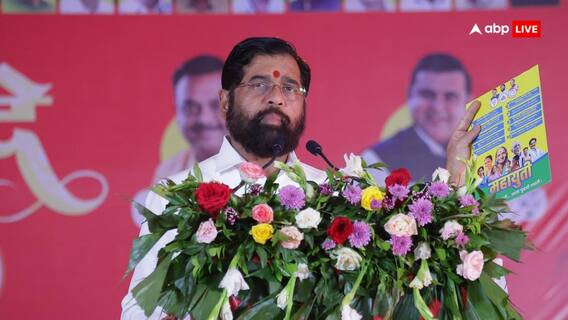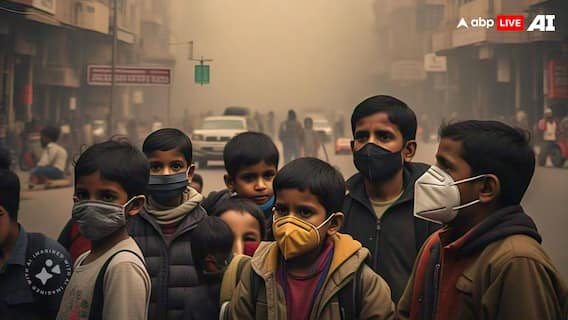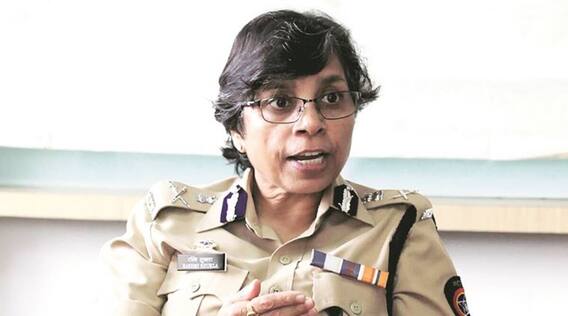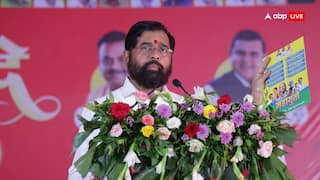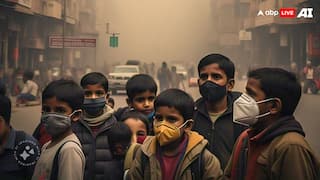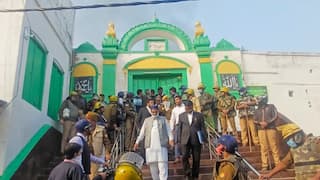West says Russia attacked nuke plant, Russia blames Ukraine
United Nations, Mar 5 (AP): The United States and its allies have accused Russia of attacking Ukraine's largest nuclear power plant and putting the lives of millions of Europeans at risk of radiation fallout, but Russia claimed a "Ukrainian sabotage group” was responsible for setting fire to a nearby training facilit.

United Nations, Mar 5 (AP): The United States and its allies have accused Russia of attacking Ukraine's largest nuclear power plant and putting the lives of millions of Europeans at risk of radiation fallout, but Russia claimed a "Ukrainian sabotage group” was responsible for setting fire to a nearby training facility.
At an emergency meeting of the UN Security Council after photos of a burning building sent shock waves around the world of a possible nuclear disaster on Friday, the head of the UN nuclear agency reaffirmed that no reactors were hit and the Zaporizhzhia plant in the southeastern city of Enerhodar was operating normally.
But International Atomic Energy Agency Director-General Rafael Mariano Grossi didn't say who was responsible for firing a “projectile” that hit a building adjacent to a block of six reactors at the plant sparking a fire.
He said the IAEA was informed a few days ago by Russia that its forces were moving to take control of the plant.
Their advance toward its perimeter “was met with opposition and some group of civilians attacking the access to the plant,” he said, and early Friday the IAEA “got information that a projectile had impacted a building adjacent to the block of reactors — six of them.” For Ukraine and Western countries and allies on the Security Council there was no question that Russia was responsible for firing the projectile. The emergency meeting was called by the US, UK, France, Norway, Ireland, and Albania.
Britain's UN Ambassador Barbara Woodward said “Russia's reckless attack” marked the first time that any country “has attacked a fuelled and functioning nuclear power plant.” In doing so, she said, it had breached international law and the Geneva Convention on the conduct of war which states that “dams, dykes, and nuclear electrical generating stations, shall not be made the object of attack.” US Ambassador Linda Thomas-Greenfield opened her remarks saying: “By the grace of God, the world narrowly averted a nuclear catastrophe last night.” She called Russia's attack “incredibly reckless and dangerous,” saying “it threatened the safety of civilians across Russia, Ukraine and Europe.” Dr Alex Rosen, a pediatrician and vice-president of the German affiliate of the Nobel prize-winning group International Physicians for the Prevention of Nuclear War, said the attack “clearly shows the danger of fighting war in a nuclear state.” Had the projectile hit a spent fuel pond at the Zaporizhzhia nuclear plant or one of its six reactors, the prevalent winds Friday morning could have spread radioactive fallout toward the southeast, across the Azov Sea straight into Russia, engulfing the city of Rostov and continuing toward Georgia, Rosen said in an interview.
Russia's UN ambassador Vassily Nebenzia rejected claims that its military forces attacked the plant as “simply untrue” and part of “an unprecedented campaign of lies and disinformation against Russia.” He claimed Russia took control of Enerhodar and the Zaporizhzhia on February 28 and reached agreement with the plant's management for the Russian military to guard the facility to ensure its security “to prevent the Ukrainian nationalist or other terrorist forces from taking advantage of the current situation to organise a nuclear provocation.” According to the Russian Ministry of Defence, he said, a Russian mobile patrol in the area adjacent to the plant on Thursday night was attacked by “a Ukrainian sabotage group” with heavy small arms fire from the windows of several floors of a training complex just outside the nuclear plant “in order to provoke return fire.” The Russians returned fire “and suppressed their fire,” he said, and “as they were leaving, the Ukrainian sabotage group set fire to the training facility.” For Russia and Belarus which as neighbours lived through the 1986 Chernobyl nuclear disaster, Nebenzia said, maintaining “a normal radiation situation” throughout Ukraine is important. And he again blamed “Ukrainian nationalists” for the incident at the plant and accused the West of attempting “to blow it into a global scandal.” Ukraine's UN Ambassador Sergiy Kyslytsya accused Russia of committing “an act of nuclear terrorism” by shelling the nuclear power plant and dismissed as “lies” Nebenzia's claim that a “Ukrainian sabotage group” was responsible for setting fire to a training facility at the plant.
He said the Russian ambassador may not be properly informed by his government.
Kyslytsya expressed disappointment that the IAEA's Grossi did not include any mention “of the attacking side.” “We demand clear and decisive action from the IAEA,” he said.
“The international community must respond adequately to the actions of the Russian Federation, which could lead to an unprecedented nuclear catastrophe.” The Zaporizhzhia plant is currently under control of the Russian armed forces, Kyslytsya said. While there have been no changes in radiation levels, Kyslytsya said several buildings are damaged and the telephone connection to the plant “is disrupted and not available at the moment.” (AP) VN VN
(This story is published as part of the auto-generated syndicate wire feed. No editing has been done in the headline or the body by ABP Live.)
IPL Auction 2025
Top Headlines
Trending News







